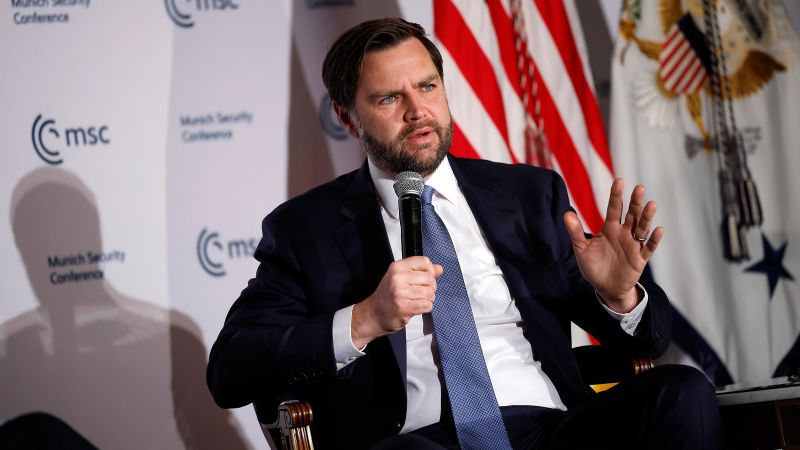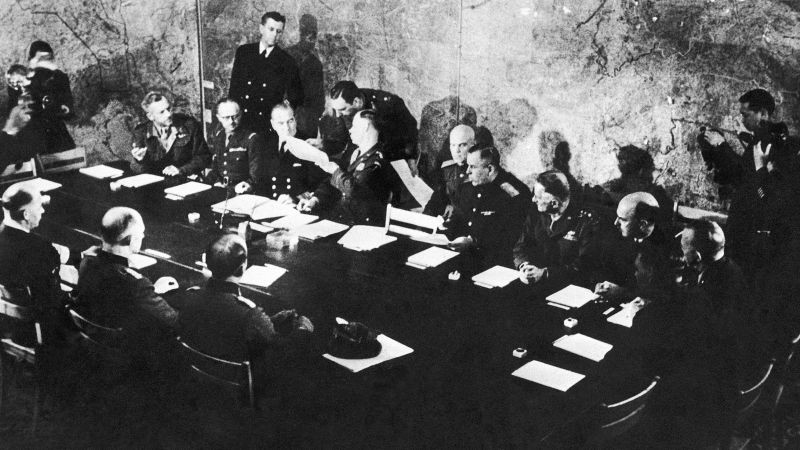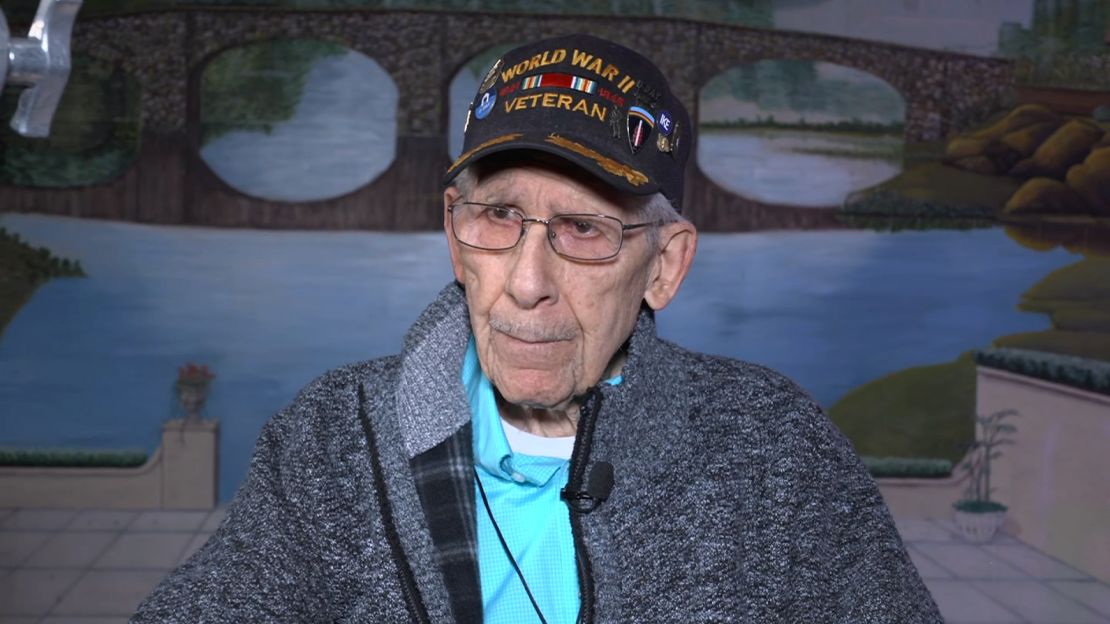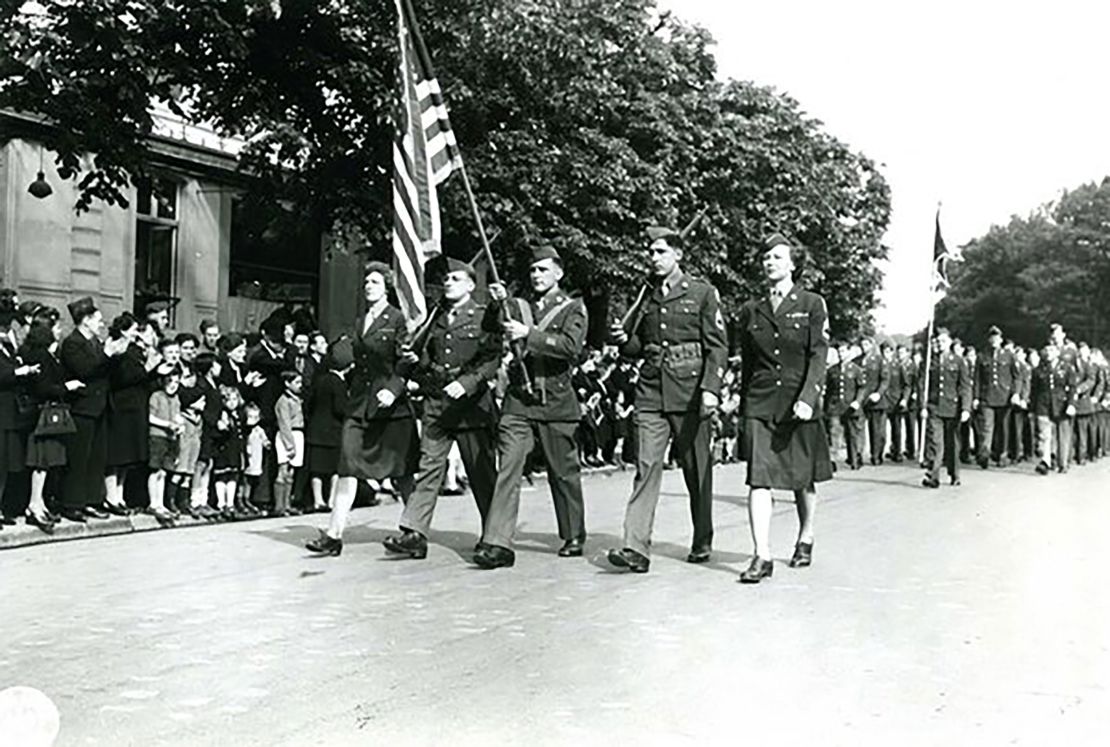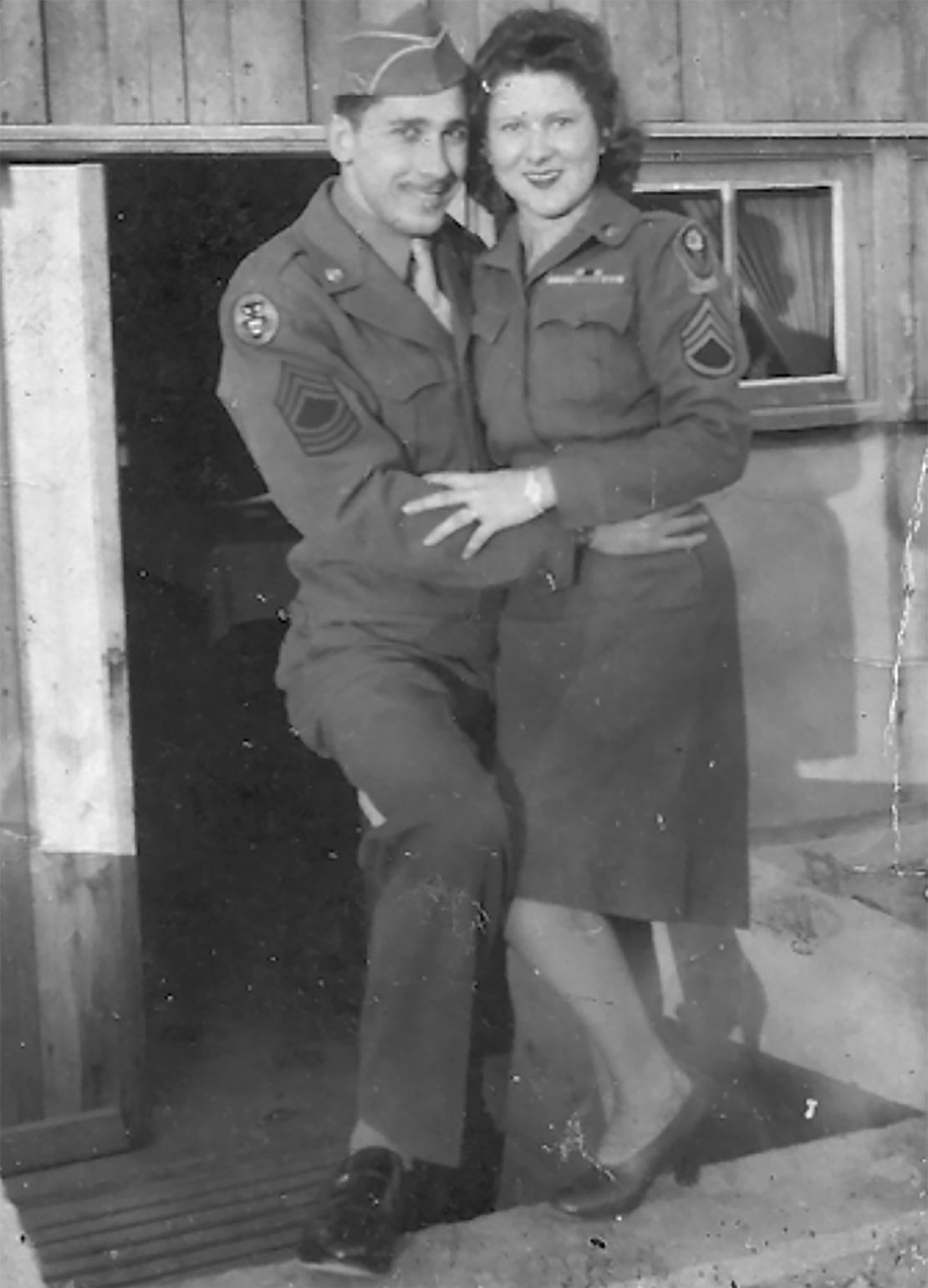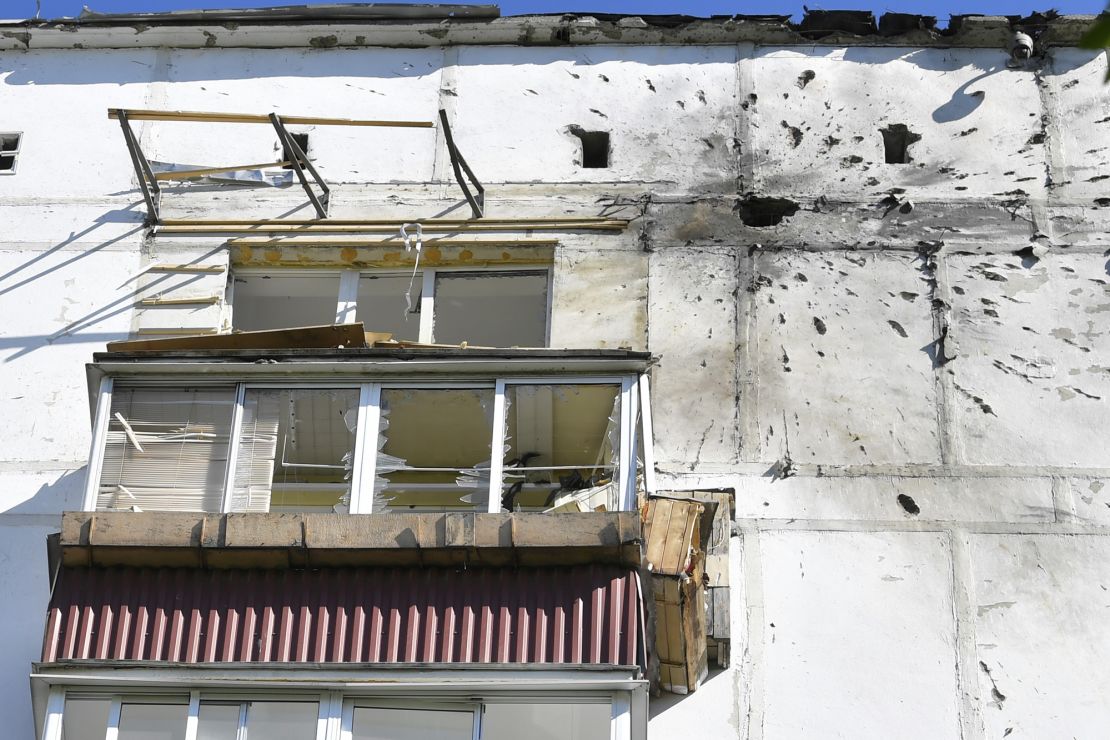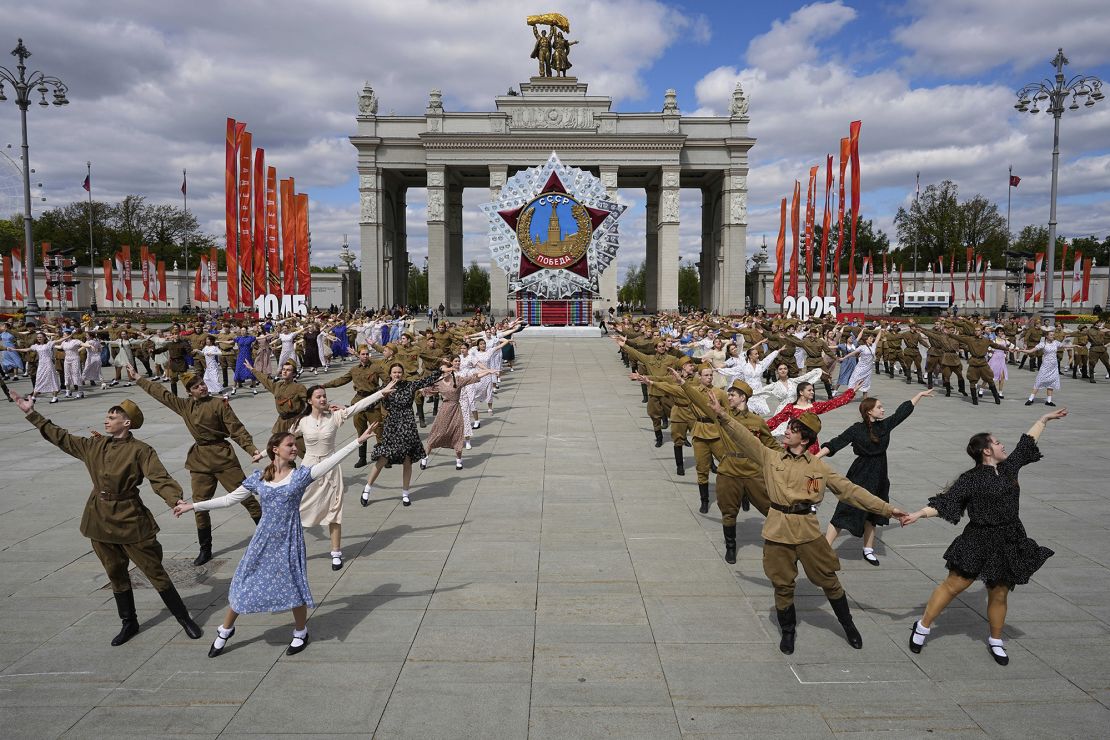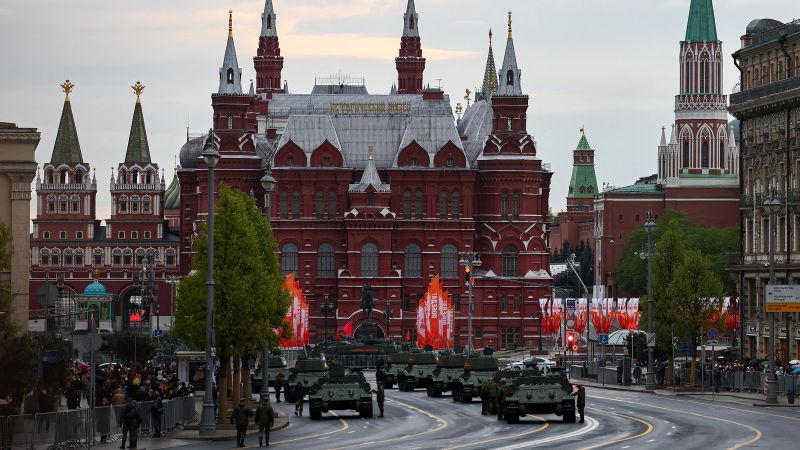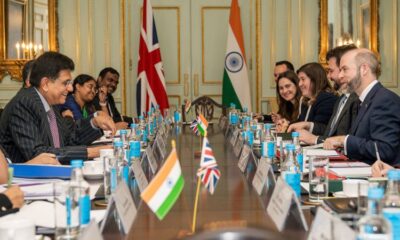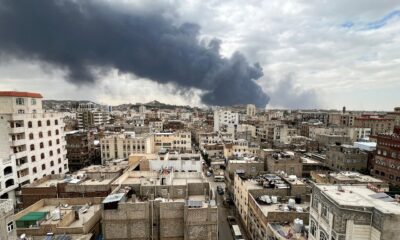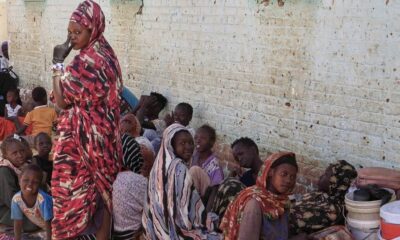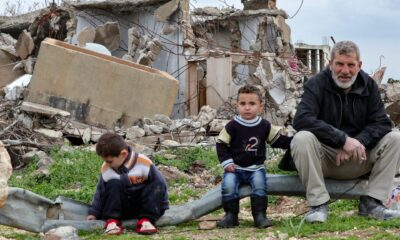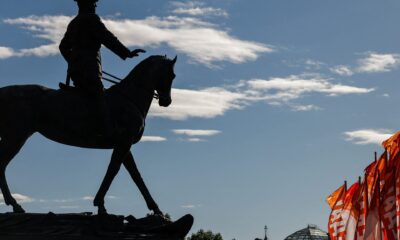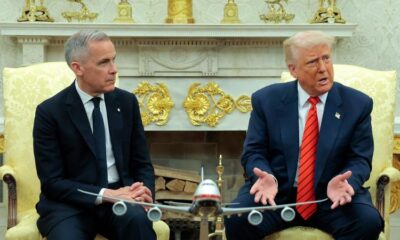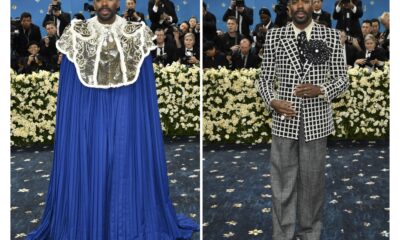Washington, DC
CNN
—
Vice President JD Vance said Wednesday that the Russians are “asking for too much” in requirements to end the war with Ukraine and that he believes it’s time the two sides come together in “direct negotiation.”
“I wouldn’t say that the Russians are uninterested in bringing this thing to a resolution. What I would say is, right now, the Russians are asking for a certain set of requirements, a certain set of concessions in order to end the conflict. We think they’re asking for too much,” Vance said during a Q&A session at the Munich Leaders Meeting in Washington, DC — his second time in recent months addressing the group after a blistering speech in Germany in which he criticized European allies.
Asked about Vance’s comments on Russia later Wednesday, President Donald Trump appeared unaware of them, but said, “Well, it’s possible that’s right. He may know some things that, uh – because I’ve been dealing with this and some other things.”
The president went on to reiterate the administration’s warning that there isn’t indefinite tolerance for negotiations that do not make progress as he grows frustrated at his inability to end the war.
“We are getting to a point where some decisions are going to have to be made. I’m not happy about it,” Trump told reporters in the Oval Office. “I’m not happy about it.”
During his remarks, Vance said the Trump administration had moved beyond the US-proposed 30-day ceasefire that Ukraine had accepted, noting that Russia had said it “is not in our strategic interest.”
“What the Russians have said – again, you don’t have to agree with it, but it’s important to understand where the other side is coming from – what the Russians have said, is a 30-day ceasefire is not in our strategic interest,” Vance said. “We’ve tried to move beyond the obsession with the 30-day ceasefire and more on the, what would the long-term settlement look like, and we’ve tried to consistently advance the ball.”
The next step, Vance stressed, is getting Russia and Ukraine to talk directly to each other.
“We would like both the Russians and the Ukrainians to actually agree on some basic guidelines for sitting down and talking to one another,” Vance said. “Obviously, the United States is happy to participate in those conversations, but it’s very important for the Russians and the Ukrainians to start talking to one another. We think that is the next big step that we would like to take.”
He added: “We think it’s probably impossible for us to mediate this entirely without at least some direct negotiation between the two.”
Vance emphasized that he’s “not yet a pessimist” on the chances of the conflict ending and called Trump a “genuine humanitarian” for wanting to see the fighting end.
“Our strong view is that the continuation of this conflict is bad for us. It’s bad for Europe, it’s bad for Russia and it’s bad for Ukraine. We think that if cool heads prevail here, we can bring this thing to a durable peace that will be economically beneficial for both Ukrainians and the Russians, and most importantly, will stop the end of the of the destruction of human lives,” Vance added.
In an interview a day earlier, the Trump administration’s envoy to Ukraine and Russia called President Vladimir Putin’s refusal to agree to the 30-day truce the main “impediment” to progress on peace talks and said Ukraine is willing to create a demilitarized zone inside its territory as part of a potential ceasefire agreement.
“Our impediment to progress is the president of Russia right now not agreeing to (the 30-day ceasefire),” Keith Kellogg told Fox News, adding that it was in the Kremlin leader’s interest to agree to the ceasefire because “the Russians are not winning this war.”
Kyiv has previously said it would be willing to freeze the conflict along the current lines of contact as part of a ceasefire — but has not given any concrete public proposals on a demilitarized zone. CNN has reached out to the Ukrainian government for comment.
Putin has proposed a three-day ceasefire around the celebrations of the 80th anniversary of the end of the Second World War. But Ukrainian President Volodymyr Zelensky has rejected that offer and reiterated his support for the 30-day truce.
Vance says US and Europe on ‘the same team’
Vance’s appearance Wednesday came months after giving a fiery speech in Germany where he accused European leaders of turning from shared values, such as free speech, and downplayed threats from Russia.
While that speech was not a focus of Wednesday’s meeting, it did not go unmentioned.
Off the top, Wolfgang Ischinger — the former chairman of the conference and now president of the MSC Foundation Council — held up a brochure the group published about Vance’s remarks and reaction to it from across the world, which he said “kicked off a controversial debate about fundamental values unlike anything we have ever had at the Munich Security Conference.”
Vance struck a more conciliatory tone, saying that Europe and the US are “on the same team.”
“I think that European civilization and American civilization, European culture and American culture, are very much linked, and they’re always going to be linked,” Vance said. “And I think it’s, it’s completely ridiculous to think that you’re ever going to be able to drive a firm wedge between the United States and Europe.”
Reiterating his and Trump’s view that the Europeans need to boost their own defense spending, Vance said conversations about security posture and other “big questions” should be rethought together.
In closing remarks after the Q&A, Vance joked about the controversy surrounding his previous speech, appearing to smooth things over.
“I appreciate the kind words, and I appreciate the invitation back. I wasn’t sure after February whether I’d get the invitation back,” he said.
Ischinger chimed in, “Well, we thought about it…”
Ivana Kottasová, Kostya Gak and Victoria Butenko contributed to this report.

